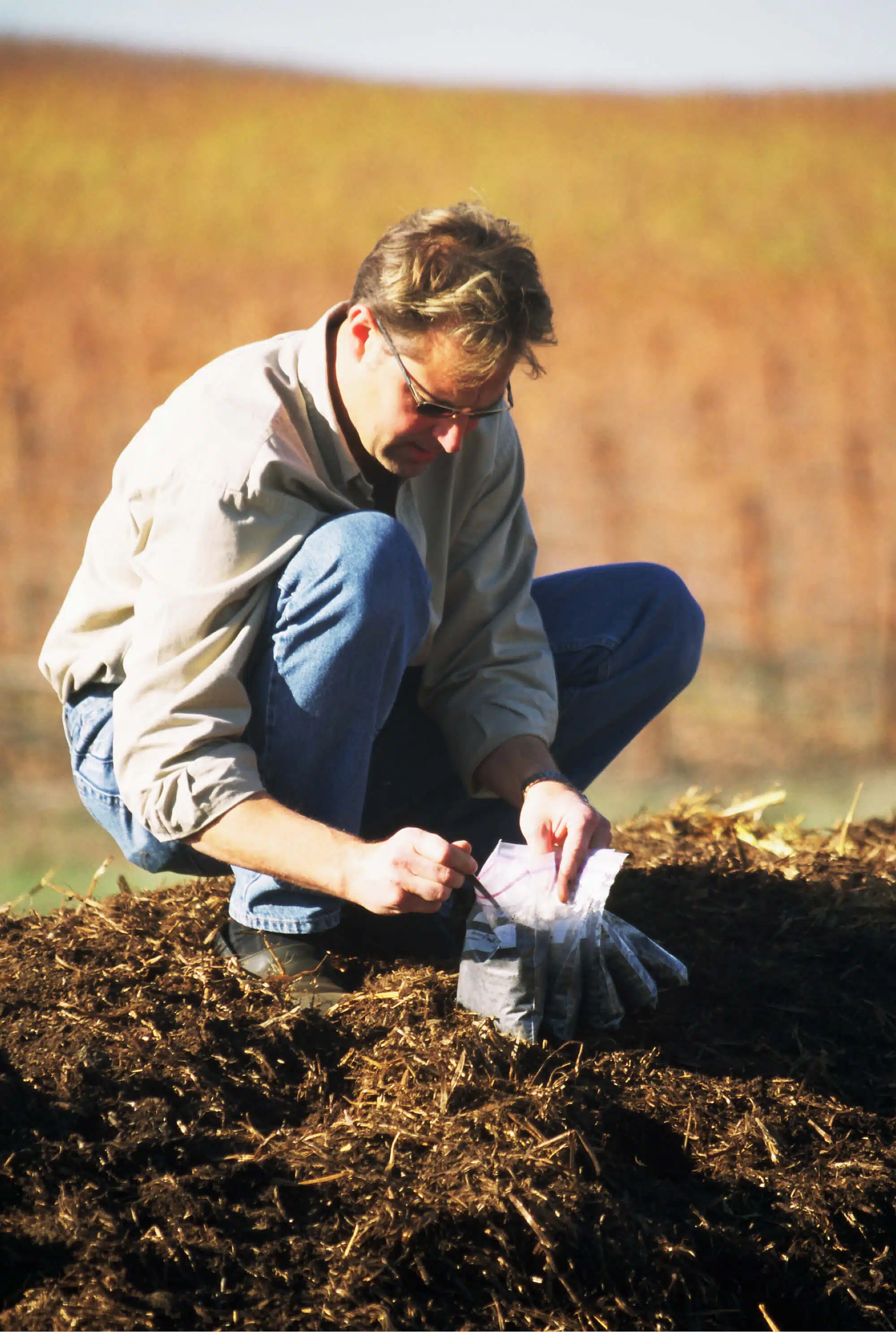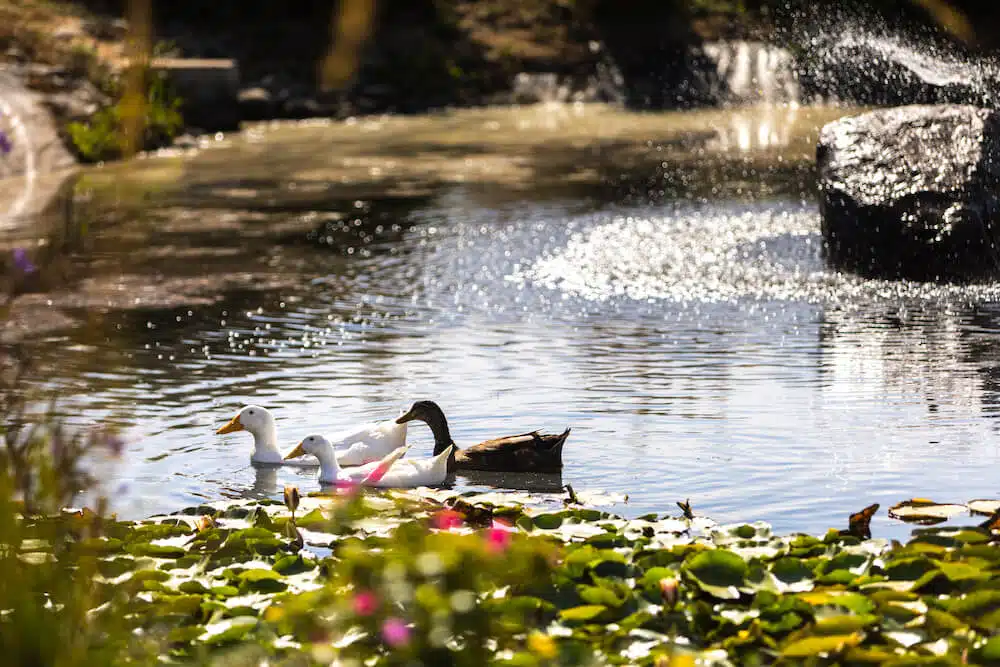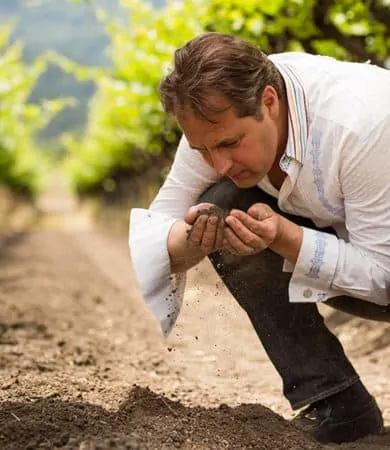The Climate Crisis: How Regenerative Farming Helps Fight Back


For many, consuming organically grown products is a “nice to have.” Important, yes, and many partake in the practice for the quality and the personal health benefits as well as the vague notion that it’s better for the environment. For us at Grgich Hills, we see the environmental benefits firsthand and have a deep understanding of the impact our regenerative work has in fighting the climate crisis.
Our decision to move first to organic and biodynamic farming, and then to make the transition to become Regenerative Organic Certified comes from a desire not just to create wines of distinction, but because we feel a responsibility to our consumers, to our friends and neighbors in the valley, and to future generations to be stewards of the land in a way that doesn’t just respect the earth, but works to revitalize and heal it.
Here’s what we’re doing, why its working, and why it matters for you:
We’re keeping groundwater as clean as possible
Synthetic chemical pesticides, herbicides, and fertilizers, while seemingly practical, can leach into groundwater, affecting drinkability for humans and wildlife alike. It can also lead to harmful algae blooms, which can cripple the growth of native plants as well as the food we’re farming.
Clean, healthy water means soil that thrives, which leads to more nutrient dense produce and a healthier environment for the entire ecosystem, humans included.

We’re building up resistance to natural disasters
Our regenerative practices not only keep ground and surface water free of harmful chemicals, but the improvement in soil health helps our plants grow to resist increasingly serious environmental stressors like fire and air pollution, drought, and flooding. By eliminating the practice of till farming, our soil retains more water and maintains a healthier microbiome, letting our vines thrive better in arid environments, and our longer thriving vines and cover cropping provide deep roots and topsoil protection that helps stave off erosion.
This means even in the face of unpredictable weather or disaster events, we’re more likely to consistently employ vineyard workers and produce a product that maintains a consistency in quality and price.

We’re reducing carbon emissions
Healthy soil doesn’t just benefit our vines and our land. Our regeneratively farmed soil sequesters significantly more carbon than tilled soils.
Agricultural soils have the potential to draw away 250 million metric tons of greenhouse gasses yearly. That’s the equivalent to the emissions of 64 coal-fired power plants. Metaphorically, we’re sitting on a clean air gold mine!
At Grgich Hills, our regenerative farming sequesters about 6.5 tons per acre every year, and to date, we’ve stored more than 50,000 tons of carbon in our soil.
We focus on thriving communities
Did you know that one of the requirements of becoming Regenerative Organic Certified is providing a liveable standard of pay to our vineyard and winery workers? It’s our responsibility to provide economic stability and a healthy work environment for those who are so essential to our operation.
In the wake of the climate crisis, creating a framework in which regenerative farming is a sustainable and feasible way of life encourages more folks to embrace the endeavor. It makes regenerative education and training more approachable and readily available to those who can enact change.
We’re working to educate our farming communities on how to embrace more natural agricultural practices
Whether it’s the knowledge-share we participate in with our fellow farmers, our collaborations with UC Davis, or shedding a light on the financial aspect of regenerative farming, we’re always working to enlighten others and empower them to learn and adopt regenerative practices.
The introduction of human intervention methods of farming like tilling, pesticides, and man-made fertilizers has caused us collectively to lose sight of one of nature’s miracles – its ability to self-balance. Our founder, Mike Grgich, was raised learning natural farming methods, and so, a huge part of our drive to farm regeneratively, while future forward, also honors our roots and the beliefs upon which his love of farming was built.
As we forge ahead, our dedication to letting the land lead – and to be students as much as we are stewards is unwavering.
To read more on climate change and regenerative farming, click here.
